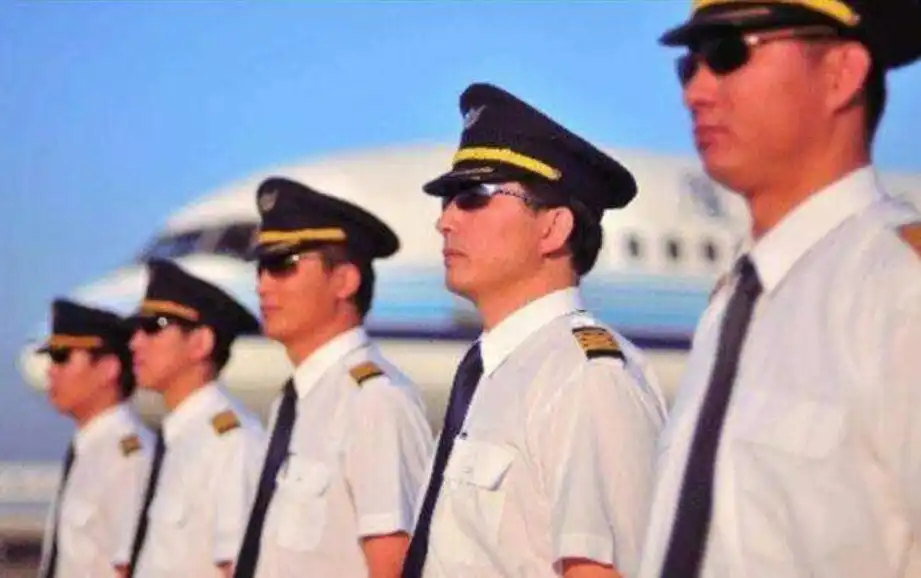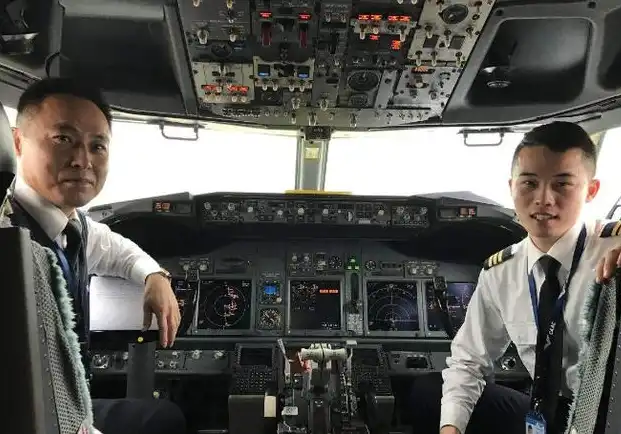space gravity:South Korean pilots return home to help China take off in space
With the advancement of science and technology and the enhancement of national strength, China's space industry has continuously reached new milestones.
From the successful launch of Shenzhou V in 2003 and sending Yang Liwei into space to the present Chang'e lunar exploration and the establishment of the Tiangong space station, each step bears witness to the rise of China's space industry.
As can be seen, the booming development of the aerospace industry relies not only on sophisticated instruments and advanced technology, but also on the indispensable role of astronauts who pilot the vast expanse of space. They are not only practitioners of technology but also embodiments of the dream of space exploration.

It takes a long time to train a qualified pilot and it is not an overnight achievement. Given the shortage of domestic pilots, China had once been eager to hire worldwide.
In such a context, the addition of foreign pilots has emerged as an effective way to quench the thirst
South Korea, as a neighbor of China, has a group of experienced and elite pilots. When China extended an olive branch to these pilots, many of them saw new career prospects.
There are thought-provoking reasons behind the increasing number of South Korean pilots choosing to change jobs. The rapid growth of the South Korean aviation industry has led to an increase in flight routes and flight frequency, which has made pilots' workloads increasingly heavy.
In contrast, their pay increases have not matched their increased effort. This disparity between effort and reward has left many pilots feeling dissatisfied and let down.
The generous benefits and excellent working environment offered by China undoubtedly made it an ideal choice for them.

Higher pay, broader development space, and more stable working environment. China offers Korean pilots more than just a higher salary.
Additionally, China's green card policy offers them the possibility of a long-term stay or even permanent residence, which without doubt provides them with greater security for their future.
Their flights to China remained resolute despite warnings and threats from South Korea.

Of course, from the standpoint of China, the introduction of foreign pilots is just an expedient measure. In the long run, the fundamental solution lies in training domestic pilots.
After all, if a country's space industry is to continue developing, it must rely on its own talent pool. Therefore, while actively introducing foreign astronauts, China is also stepping up efforts to cultivate its own astronaut talent.
This two-pronged strategy both addresses immediate concerns and lays a solid foundation for future growth.
In conclusion, the participation of 400 Korean pilots is a good story in the development of China's space industry.
It not only reflects China's thirst for and respect for talent, but also demonstrates the charm and appeal of China's space program. And the firm choices made by these pilots are even more powerful support and affirmation for the development of China's space program.
